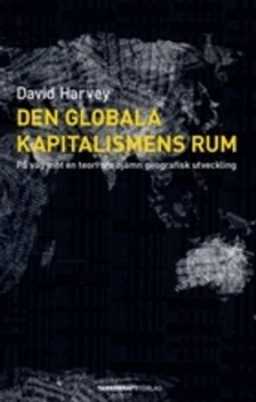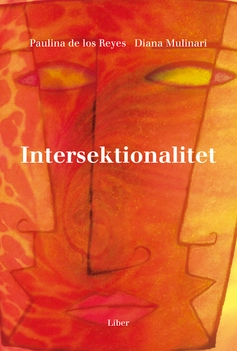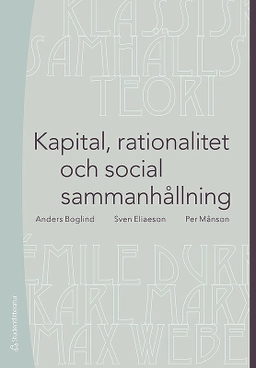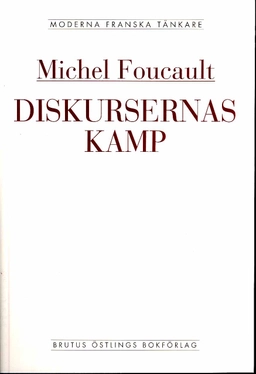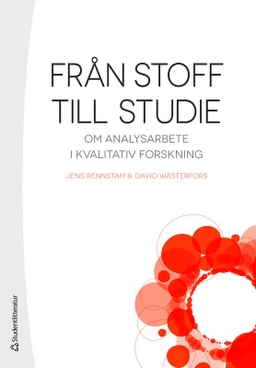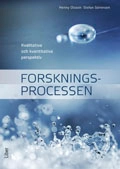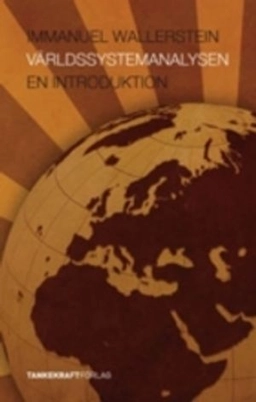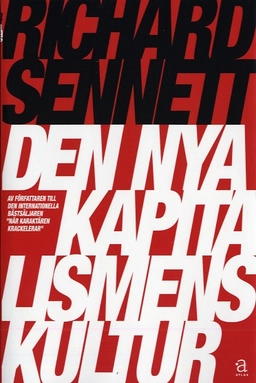

The division of labor in society
- Utgiven: 2013
- ISBN: 9781420948561
- Sidor: 262 st
- Förlag: Digireads.com Publishing
- Format: Häftad
- Språk: Engelska
Om boken
Åtkomstkoder och digitalt tilläggsmaterial garanteras inte med begagnade böcker
Mer om The division of labor in society (2013)
2013 släpptes boken The division of labor in society skriven av Émile Durkheim. Den är skriven på engelska och består av 262 sidor. Förlaget bakom boken är Digireads.com Publishing.
Köp boken The division of labor in society på Studentapan och spara uppåt 39% jämfört med lägsta nypris hos bokhandeln.
Referera till The division of labor in society
Harvard
Oxford
APA
Vancouver



